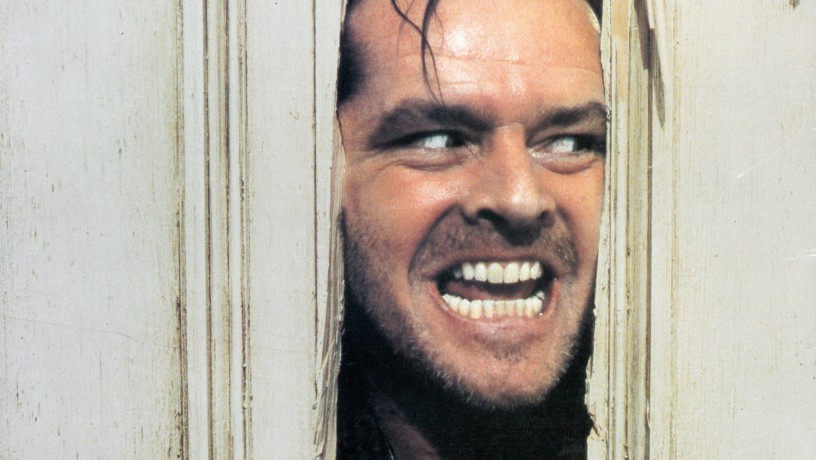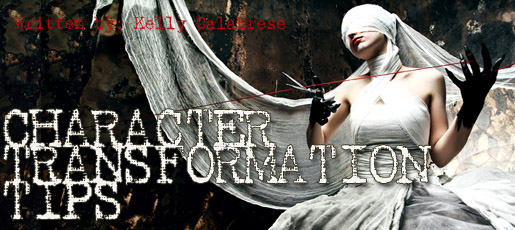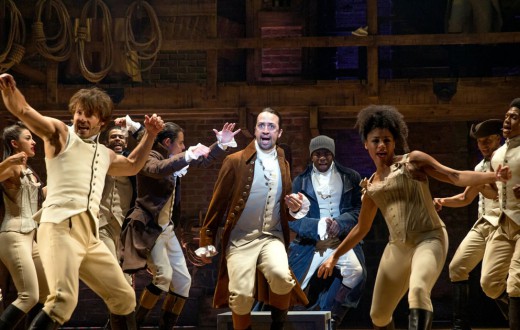Actors who feel they can re-write the script is a phenomenon where actors, often with significant influence or clout, believe that they have the authority or creative license to modify the screenplay or dialogue of a film. This can range from minor tweaks to major rewrites of entire scenes or storylines. While some actors have successfully made changes to the script that enhanced the final product, others have caused conflicts with directors, screenwriters, and producers, ultimately leading to tensions on set and potentially negative impacts on the film. This raises questions about the power dynamics in the film industry and the balance between an actor’s creative input and the overall vision of a film.
There’s also the question of, “Do I, the actor, tell the director I’m going to change the script, or do I just do it on the fly?”
Jenna Ortega who plays the lead role in Netflix’s Wednesday series, based off the popular show The Addams Family, had that conflict and chose to change the script without consulting the production’s writers. (If you want to hear more about Jenna’s experience, you can listen to the Armchair Expert podcast.)
Ut-oh, right? I guess she followed in the footsteps of some of the greats such as Marlon Brando, Dustin Hoffman, Robert De Niro and Jack Nicholson. (Did you see the film The Shining? Nicholson hacks his way through a bathroom door to get to his wife, played by Shelley Duvall. Once the door is broken, Nicholson pokes his head through and ad libs, “Here’s Johnny!”) This example demonstrates that actors have made significant contributions by rewriting and improvising their lines, often leading to iconic moments in cinema.
Why Do Actors Feel They Can Re-write the Script?
Creative input: Some actors may feel that they have a unique perspective on the character or the story, and that they can contribute to the creative process by offering suggestions or changes to the script.
Improving their role: Actors may feel that certain parts of their character’s dialogue or actions don’t feel authentic or don’t align with their vision for the role, so they may propose changes to make their character more compelling or realistic.
Improving the story: An actor may feel that the story could be improved by adding or changing certain elements, such as plot points or dialogue, and they may feel that their input could make the story more engaging or impactful.
Control: Actors may also want more control over their role and the story. They may feel that by suggesting changes or re-writing parts of the script, they can shape the narrative to better fit their vision for the project.
Ego: In some cases, an actor may feel that they know better than the writer or director and may want to assert their creative control over the project by making changes to the script.
I left Ego for last because I want to elaborate…
Some actors may feel that they have more experience or expertise than the writer or director, or they may believe that their ideas are better suited to the story. This can sometimes lead to conflicts on set or behind the scenes, particularly if the actor’s suggestions are not well received by the rest of the cast and crew.
While an actor’s ego can be a driving force behind their desire to rewrite a script, it’s not always a negative thing. Actors who are passionate about their work and invested in a project may genuinely want to contribute to the creative process and make the story as good as it can be. In some cases, actors who rewrite a script can help to elevate a project and make it more successful.
It’ll always be helpful for actors to understand the delicate nature of rearranging a script, and that there are many factors to consider when making changes. Changing even just one word can drastically change the feel of the scene. In my opinion, it’s important that actors communicate accordingly with other people on the team, and be willing to make changes to move forward and provide the best final result. When I say “be willing to make changes to move forward”, I mean the actors themselves should realize that if they make changes, there might be a domino effect for other changes.
 The Tension of Actors Re-Writing Scripts
The Tension of Actors Re-Writing Scripts
There’s a bigger picture here…
While some actors may have legitimate creative reasons for changing the script, such as improving the authenticity or depth of their character, these changes may not align with the overall vision of the film’s director or screenwriter. This can lead to conflicts on set, delays in production and potentially negative impacts overall. On the one hand, actors may feel a sense of ownership and investment in their roles, and may have significant influence or clout that enables them to make changes to the script. On the other hand, filmmakers may feel that actors’ changes are not in the best interest of the film as a whole, or that the changes compromise the integrity of the story or characters. The tension of actors re-writing scripts therefore reflects a broader tension in the film industry between creative autonomy and the overall vision of a film.
Here’s my advice – ask the director in advance if you can have the opportunity to improvise during filming, should you feel the need. Please respect the director’s answer. It’s that simple.
Ultimately, actors, directors and screenwriters should strive to work together in a spirit of mutual respect and creative collaboration, recognizing that while each may have unique insights and perspectives, the ultimate goal is to create a compelling and cohesive final product.







